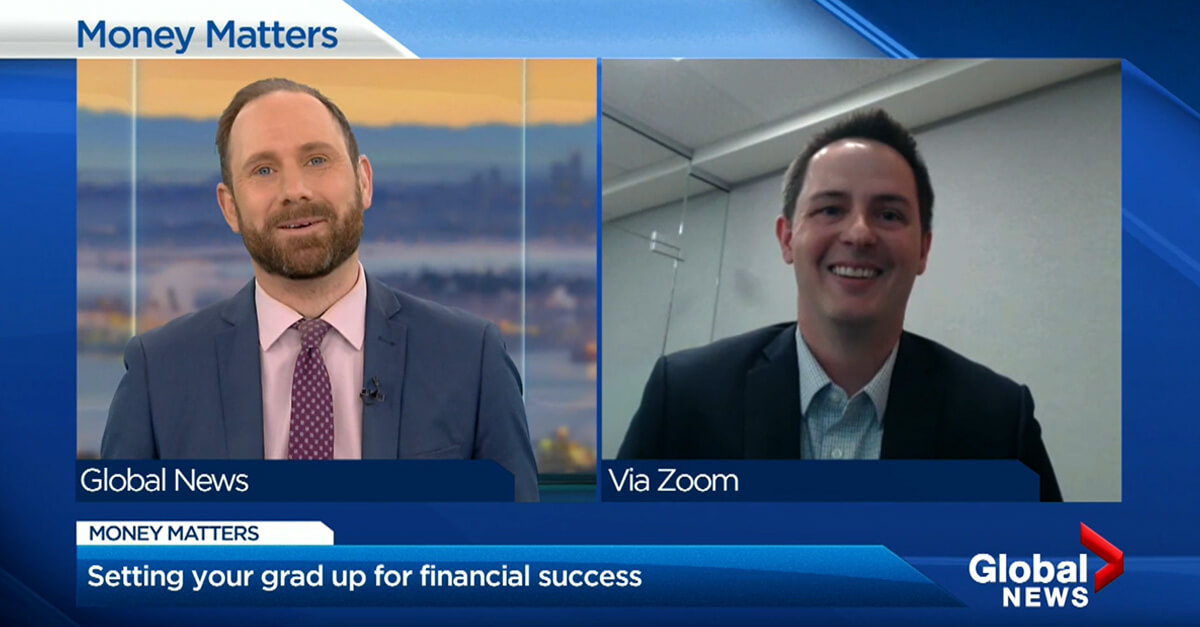Helping teens balance a healthy relationship between savings and maybe credit.
As we know there are some things you can do to help your teen embark on their financial journey and establish credit form a young age. The first step is to explain important concepts such as savings, a budget and goals, and keep the conversation going form there. Secondly, modeling responsible financial management by showing your teen the skills and tools that you personally leverage to boost yours savings. Third: talk openly about money. Transparency is the key here. A good way to help them better understand the value of savings, especially as they start working a part time job and gaining access to their own income, is to help them distinguish between wants and needs. Coast Capital even has a great free tool called the Money Chat to keep the conversation going, which can help your teen establish their financial goals and help them get there. Saving can feel particularly daunting these days with advertisements coming at us form all directions on social media, so flexing this muscle early on can be key.
Getting a credit card is a big sense of independence no doubt, but it can also hurt someone in the long run if not used responsibly–what kind of tips can you offer there?
There are great products out there to teach teens about credit–and that will enable parents to teach their teens what good credit management can do for them down the road. For example, a couple products include a pre-paid credit card (like a Visa or Master Card) and asking your teen to do something as simple as purchasing dinner or groceries on a set budget can help them not only acquire an understanding of how much necessities will cost when they’re out on their own, but also showcase to them that a payment tool–like a credit card–is merely a tool for convenience and is to be used and managed responsibly.
What do teens themselves need to know?
Three things I’d recommend:
1) Once you’re of the age when you can acquire your own credit card in your own name, make sure you’re making your payments on time.
2) Make sure you’re paying the credit card off in full each month–don’t carry a balance if you can avoid it.
3) Stick to one or two credit cards maximum. Remember: building good credit at a young age can help you better navigate the highs and lows of the future.
What does financial literacy actually mean?
Financial literacy, to put it plainly, is the knowledge and application of a variety of financial skills. This may be something as simple as the conversation we were just having around saving for a rainy day, or building credit, or understanding different financial instruments such as stocks, bonds, ETFs and creating an investing plan. Young people have the lowest monthly expenses they will ever have, so it’s a great opportunity and time to start saving for the future. If a teen is working a part time job, they should aim to put a minimum of 10% of their pay cheque into a savings account. We can’t do it all, and we can’t have it all, so prioritize what is truly important to you.



